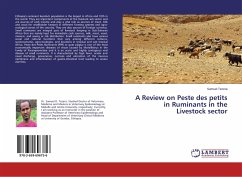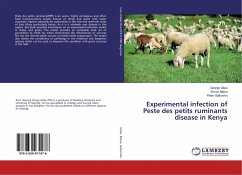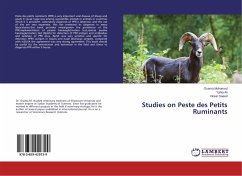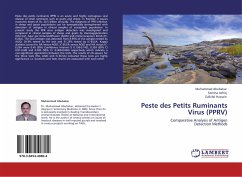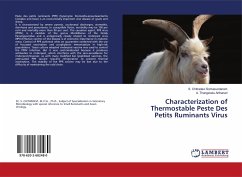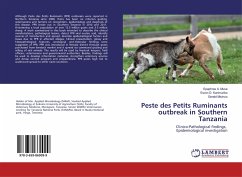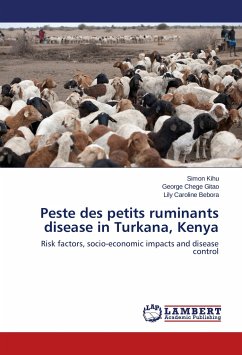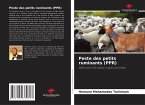Ethiopia's ruminant livestock population is the largest in Africa and 10th in the world. They are important components of the livestock sub sector and are sources of cash income and play a vital role as sources of meat, milk and wool for smallholder keepers in different farming systems and agro-ecological zones of the country. They are also sources of foreign currency. Small ruminants are integral part of livestock keeping in Sub-Saharan Africa that are mainly kept for immediate cash sources, milk, meat, wool, manure, and saving or risk distribution. Small ruminants also have various social and cultural functions that vary among different cultures, socioeconomic, agro-ecologies, and locations in tropical and sub tropical Africa. Peste des Petits Ruminants (PPR) or goat plague is one of the most economically important diseases of shoat caused by Morbillivirus in the family of Paramyxoviridae and it is an acute and highly contagious viral disease of small ruminants. It is characterized by high fever, ocular and nasal discharge, pneumonia, necrosis and ulceration of the mucous membrane and inflammation of gastro-intestinal tract leading to severe diarrhea.
Bitte wählen Sie Ihr Anliegen aus.
Rechnungen
Retourenschein anfordern
Bestellstatus
Storno

